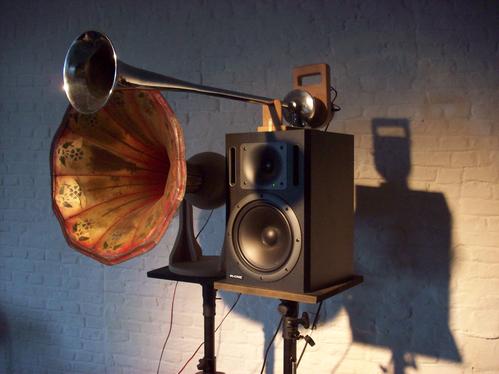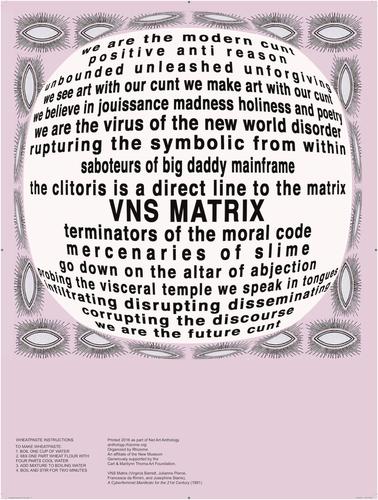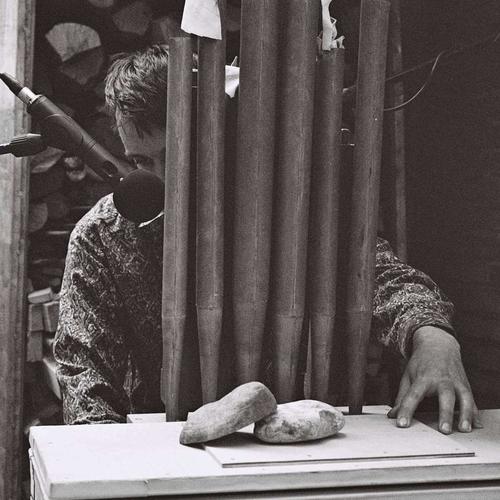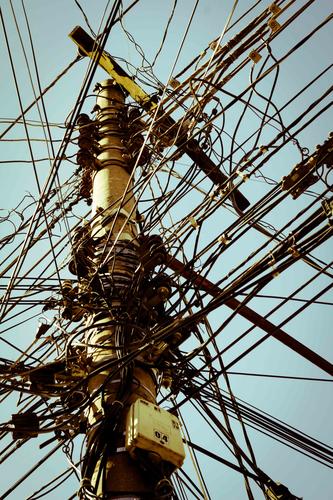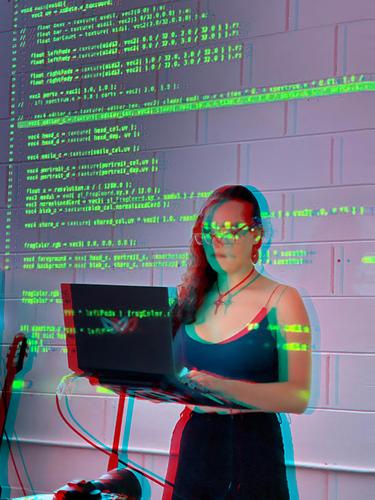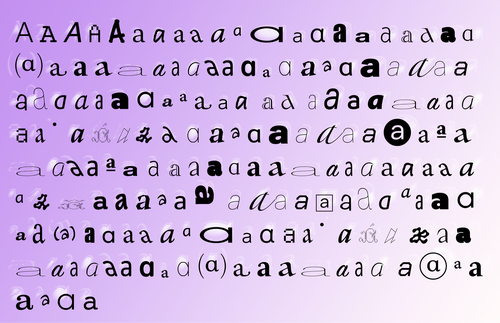Why DIY?
Published on
The first issue of the tekhnē online journal outlines the field of DIY with its practices, cultures and politics. A central observation of the tekhne project is that technological changes often go hand in hand with social changes, such as the emergence of electronic instruments that became musical instruments and changed not only who made the music, but also what we consider music to be. This first issue is compiled by Q-O2.
The first issue of the tekhne online journal outlines the field of DIY with its practices, cultures and politics. A central observation of the tekhnē project is that technological changes often go hand in hand with social changes, such as the emergence of electronic instruments that became musical instruments and changed not only who made the music, but also what we consider music to be.
VNS Matrix’s ‘Manifesto’ is a historical text about the future, postulating feminist struggle as a way to create a self-determined culture. The collective VNS Matrix sought to utilise the reach and utopic potential of the early internet as an open zone for female autonomy (more) free from existing patriarchal structures. In this text, writer Melinda Rackham outlines the groups beginnings, and particularly their “A Cyberfeminist Manifesto for the 21st Century”.
Sholto Dobie, one of the tekhnē artists in residency, offers his specific take on the historicity of technology, linked to his own artistic practice. He speaks about its anthropomorphic aspect, about the role of the bricoleur and their material, and about his approach to performance. Technology for Dobie is imaginative and intuitive, and often accidental.
Giuliano Obici spells out the Brazilian Gambioluthiery, a way of re-envisioning musical instruments based on everyday hacking practices; improvising with found material, twisting original functionalities into new vernacular assemblages. A form of technological disobediance present in many Latin American countries.
Celeste Betancur draws a thread through the historical interconnection between technology and style, focusing on the importance of artistic use of programming languages in the digital realm. How does the language of the code define the way of working and vice versa? Celeste is active in the creation of accessible pedagogical tools, seeing the creation of new programming languages as a way to teach new users how to develop their own forms of expression.
Gloria González Fuster offers a legal perspective on the laws around data protection in Europe. In the era of social media and data tracking, the ‘user’ is increasingly understood as a knowable and trackable entity. In her article, González Fuster critically examines the European legal frameworks for user data, looking at the assumptions and implications these laws enact.
Eleni Ikoniadu’s text takes the form of a science fiction governmental report, reading the strategies and politicisation of present day social media use from the future standpoint of 2082. She explores strategies like leaks and “algotraps” as some of the few tools still available to social media users in the increasingly privatised and tightly controlled internet.
Verena Kuni’s contribution marks the beginning of a glossary in progress, based on the content of the tekhne website: a glossary on contemporary art and artistic research exploring creative and critical uses of technology. She questions the concept of objectivity in relation to computer-based methods, combining them with subjective choices.
